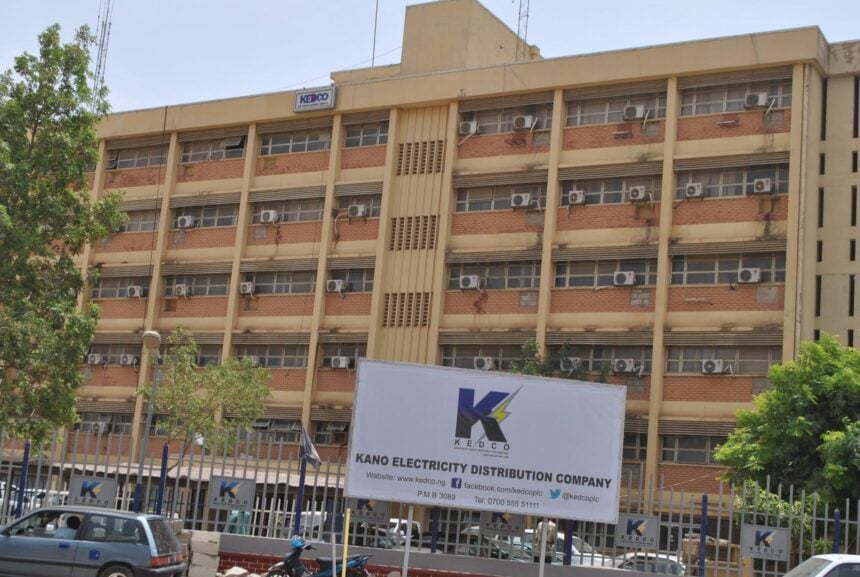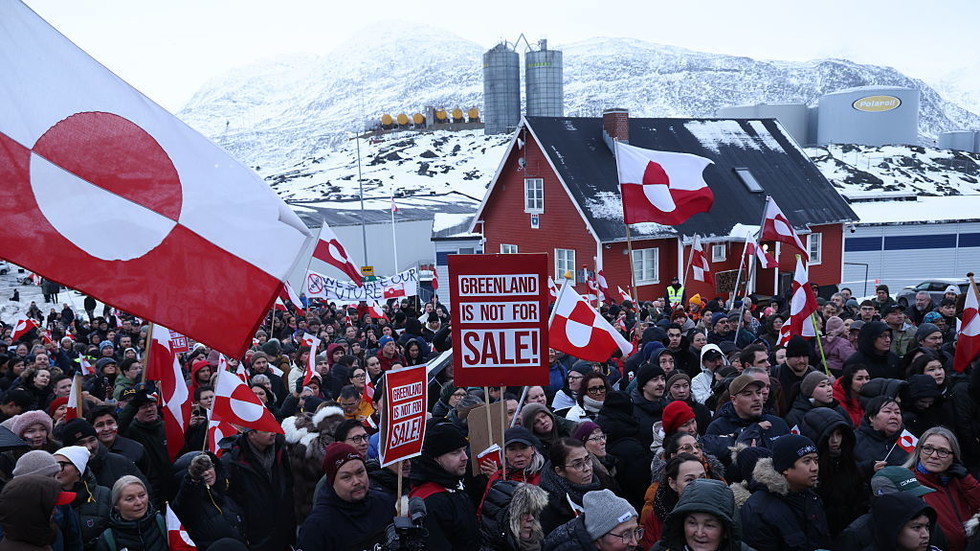Half the World Lacks Social Protection, Leaving Millions Vulnerable to Climate Shocks
A new report by the International Labour Organization (ILO) has revealed that half the world’s population, or 3.8 billion people, lack any kind of social protection, including 1.8 billion children worldwide. This staggering figure highlights the urgent need for governments to invest in social protection systems to safeguard people from the devastating impacts of climate change.
The report, titled "World Social Protection Report 2024-26: Universal social protection for climate action and a just transition," found that while 52.4 per cent of the global population has some form of social protection, this coverage is deeply divided. In the 20 countries most vulnerable to climate change, a staggering 91.3 per cent of people, or 364 million, are without social protection. In the 50 most climate-vulnerable countries, 75 per cent of the population, or 2.1 billion people, lack protection.
Gilbert Houngbo, ILO Director-General, emphasized the gravity of the situation, stating, "Climate change does not recognize borders, and we cannot build a wall to keep the crisis out. The climate crisis affects us all and represents the single, gravest threat to social justice today."
Social protection is essential to help people adapt to and cope with climate-related shocks, providing benefits such as income security and access to healthcare. It can also enable more sustainable economic practices, including supporting employees with training and upskilling for employment in green and low-carbon sectors.
Jonalyn Millana, a health monitor in the ILO’s cash for work activity, explained how social protection helps, saying, "When it comes to social safety, like a health insurance, we don’t know when a typhoon will hit. I am more protected now because if anything happens, I will have something to receive like for example insurances like PhilHealth [health insurance], SSS [social security]. I feel safer because I have social protection."
The report calls for decisive and integrated policy action to close protection gaps, arguing that it is time to "up the ante" and invest significantly in social protection. Low-income countries, including the most climate-vulnerable States, need an additional $308.5 billion a year, or 52.3 per cent of their GDP, to guarantee at least basic coverage. International support will be needed to reach this goal.
The ILO’s report emphasizes that social protection is not only an ethical imperative but also a practical one. By supporting and protecting workers everywhere, governments can help alleviate fears about the transition to a greener future, mobilizing popular support for a sustainable and just transition.
As the world grapples with the devastating impacts of climate change, it is imperative that governments prioritize social protection to safeguard the most vulnerable populations. The time to act is now.



